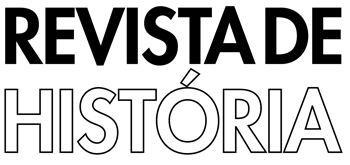Abstract
The article analyzes the history of favela censuses in Rio de Janeiro produced under the census system formed by the Brazilian Institute of Geography and Statistics. In contrast to analyzing statistical data as transparency of the real, it understands them as a technology of government related to public policies and power relations. Favela censuses set new parameters for representing urban poverty in Brazil. The definition of what a favela would be based on quantifiable variables, the differentiation between the “workers” and the “inactive ones” and the imagination of the black racial difference in the favelas were politicized themes, with great variation in the form of registration in the first statistics. The analysis includes the statistics for 1949, 1950 and 1960.
Keywords
Rio de Janeiro; Favelas Census; Favelas cariocas; Brazilian Institute of Geography and Statistics; Class and Race
